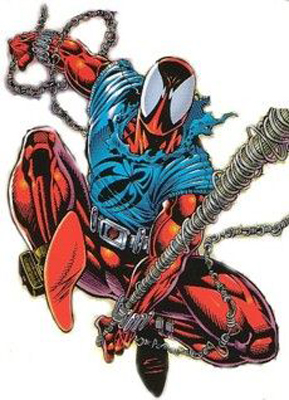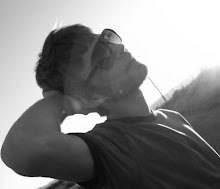Everybody has a pretty favorable impression of the guy. Maybe it was the performances by Ian McKellen in the movies, maybe it's the similarity to righteous extremists like Malcolm X, or Hell, maybe it's just the fact that he's so powerful that he can give any group of the most powerful superheroes a run for their money.
But when you actually go back and read the comics, you'll find that Magneto isn't as badass and cool as you remember him to be.

In fact, Magneto tends to come off very much like a typical scheming supervillain from the Silver Age. Even as recent as his portrayal in Grant Morrison's NEW X-MEN run, Magneto may act with a moral righteousness behind his terrorism, but at heart he is still a moustache twirling supervillain with plans of world domination that are, at best, half baked and poorly executed.
I mean, how is it that the most powerful mutant in the world, one who is intelligent, educated, and has a more alluring promise to the ones disgruntled by anti-mutant prejudice than the X-Men do, loses time and time again to a bunch of teenagers with goofy powers like shooting eyebeams and making snowballs? If you ask me, he's more like a Scooby Doo villain shaking his fists at "those meddling kids" than he is a Malcolm X figure.
Couldn't we as readers be treated to a depiction of the character that fit our initial expectations? I'm not saying that Magneto should be so brutal and badass that he kills all the X-Men and takes over the world (although that would make a cool "What If?" story). I'm just saying that if you can tell at first glance that drilling to the center of the Earth from an Antarctic base, reversing the Earth's polarity, or choosing a Brotherhood that includes useless characters are bad ideas, then chances are Magneto could too. Let's see him hatch a real plan for once.
But even aside from his plans, there is a total lack of depth in the character that still makes him feel much cartooney than the other characters in the X family. Alan Moore once sardonically commented on Stan Lee's conception of Marvel characters from the rigid, old-school heroism of the DC universe by saying "...Stan Lee had this huge breakthrough of two-dimensional characters. So, they dress up in costumes and do good, but they've got a bad heart. Or a bad leg. I actually did think for a long while that having a bad leg was an actual character trait. "
No character fits this bill more than Magneto. You have two ingredients to make a Magneto.
1. Several large doses of wrath. I'm talking veins bulging, chair throwing, pants piss inducing fury.
2. Intermix some pathos for mutantkind throughout his character to make him feel like he has some kind of moral spectrum.
That's it.
On one hand, he's this world threatening evil supervillain.
But on the other, he's a guy that loves his mutant family and whose vegetarianism precludes him from eating the cude, cuddley animals he so adores.
Would it hurt for the guy to have a hair more depth to him than we've been given? I don't know about you guys, but if I need to see Scooby Doo villains, I can just watch Scooby Doo.







